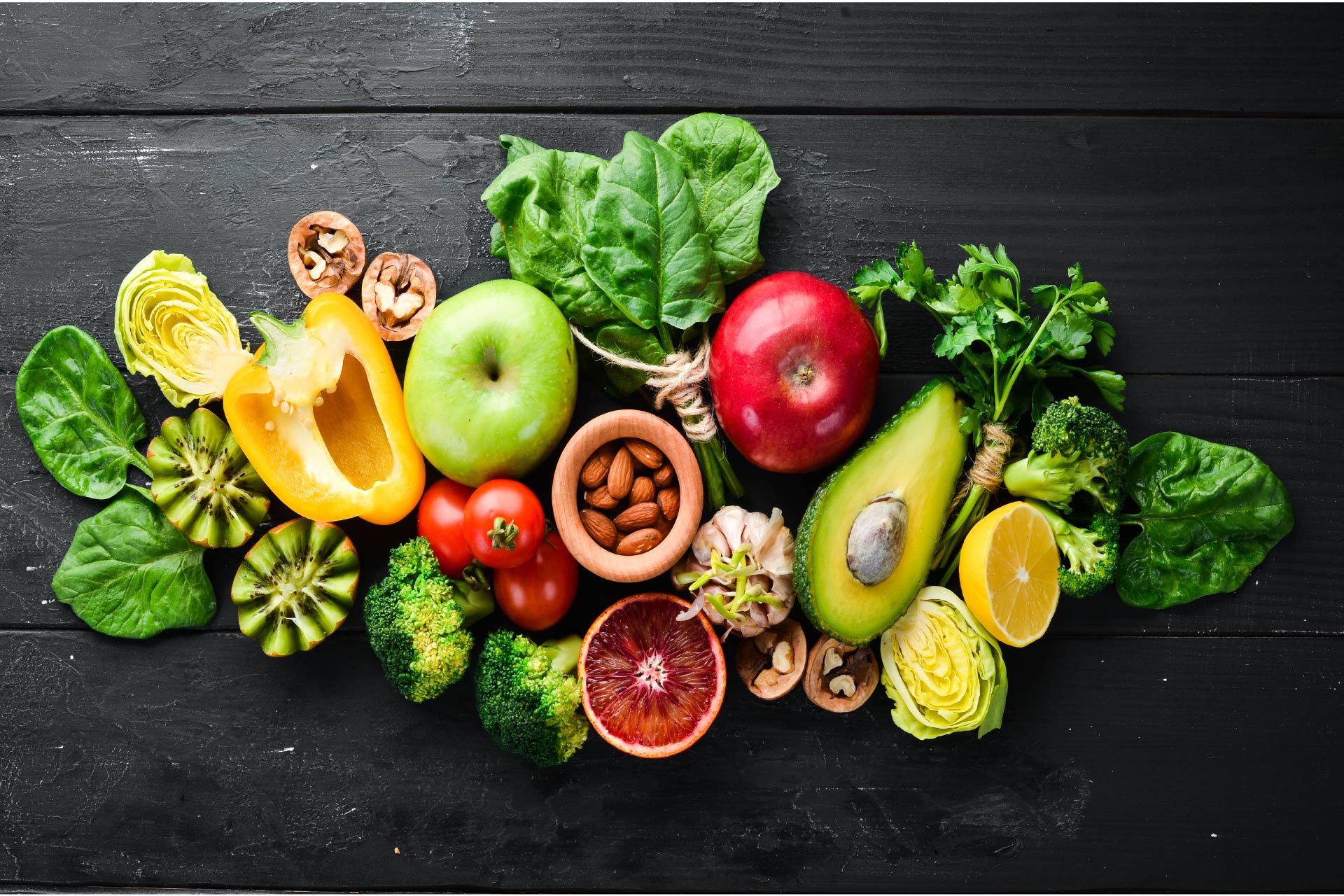• Veggie benefits
• Cancer suppression
What is already known on this topic
Almost everything that we eat can influence the gut microbiota. Several studies have investigated the effect of different diets on gut bacteria, but the exact interactions between food and the microbiota are not yet fully explored.What this research adds
Researchers analyzed stool samples from 27 people, of whom some were omnivores, some were vegetarians, and others were vegans. The team found that the microbiota of vegetarian and vegan people contains more bacterial species that can metabolize carbohydrates and vitamins. The higher proportion of fiber in vegetarian and vegan diets also increases the microbial fermentation of beneficial metabolites in the gut. A group of molecules found in the microbiota of people who follow a fiber- and vegetable-rich diet inhibits the proliferation of tumor cells grown in a lab dish.Conclusion
The findings support the idea that diet can prevent or mitigate disease risk.
The foods we eat are mixtures of many nutrients that affect our gut bacteria in different ways. A new study shows that the intestinal microbiota of people who follow a diet rich in vegetables produce metabolites that have potentially positive effects on health.
The findings, published in Scientific Reports, support the idea that diet can prevent or mitigate disease risk, and that fiber-rich foods can have beneficial impacts on the microbiota.
Several studies have investigated the effect of different diets on gut bacteria, but the exact interactions between food and the microbiota are not yet fully explored. To assess the effect of key dietary components on microbial functions, Marco Gobbetti at the Free University of Bozen and his colleagues analyzed stool samples from 27 people, of whom some were omnivores, some were vegetarians, and others were vegans.
Veggie benefits
Each study participant collected fecal samples three times within one month, and the three samples were pooled. Lachnospira bacteria were mostly found in the microbiota of vegans and vegetarians, whereas Ruminococcaceae was the most abundant bacterial family in omnivores.
Several bacterial genera were linked to the intake of specific dietary components: for instance, the levels of Lachnospira were higher in the microbiota of people who ate foods rich in beta-carotene, vitamin E, and vegetable fat. But the same bacteria were less abundant in the microbiota of people who followed a diet rich in meat, proteins, and cholesterol.
In general, the researchers found that the microbiota of vegetarian and vegan people contains more bacterial species that can metabolize carbohydrates and vitamins. The higher proportion of fiber in vegetarian and vegan diets also increases the microbial fermentation of beneficial metabolites in the gut, including the short-chain fatty acid butyrate. Compared to omnivores, vegetarians and vegans also had higher levels of a protein called flagellin in their gut.
Cancer suppression
A number of studies have suggested that butyrate and flagellin have tumor-suppression and anti-inflammatory activities. To further elucidate the role of flagellin in cancer suppression, the team obtained microbial fecal cells and microbial protein cell extracts from 22 omnivorous, 20 vegetarian, and 19 vegan fecal samples. Then, they added the extracts to colon cancer cells grown in a lab dish.
Cancer cells growth was substantially inhibited by microbial fecal cells from vegans and vegetarians, likely because of the higher concentration of flagellin.
Exposure of cancerous cells to microbial fecal cells, microbial protein cell extracts, or flagellin only increased the expression of several immune molecules, including the anti-inflammatory interleukins IL-22 and IL-8. Compared to microbial protein cell extracts from omnivorous individuals, exposure to microbial protein cell extracts from vegetarians increased the release of IL-8. In general, the researchers observed that people following diets rich in fiber and vegetables had higher levels of enzymes involved in tumor suppression in their guts.
Although more work is needed to fully understand the role of diet in modulating the intestinal microbiota, the findings suggest that vegetable-rich diets have potentially beneficial impacts on human health, the researchers say.









